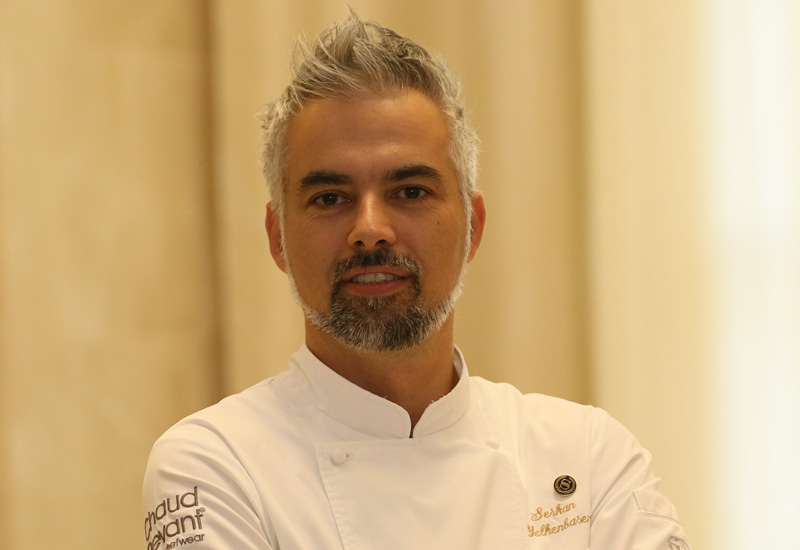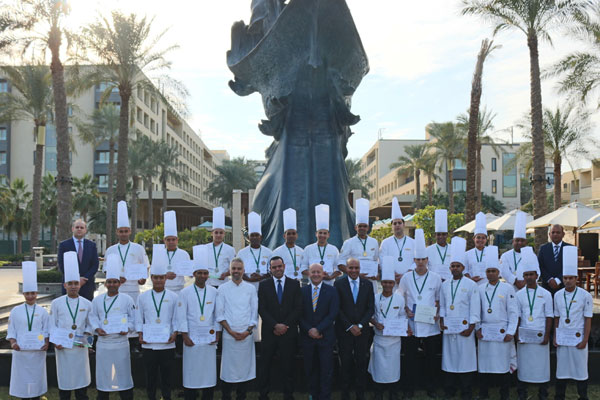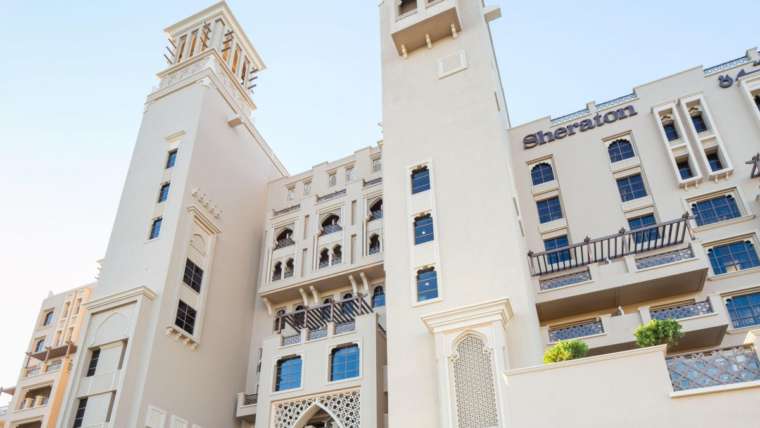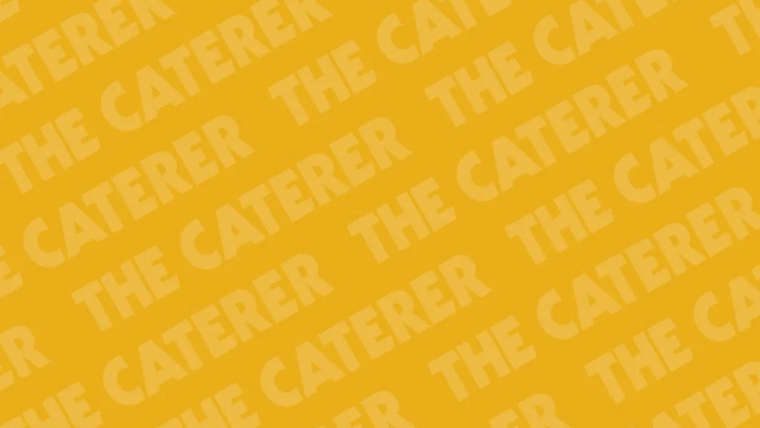BOH Interview: Serkan Yelkenbasan
The Executive Chef at Sheraton Sharjah Beach Resort and Spa tells Hotelier Middle East how his kitchen career started at the age of nine

Serkan Yelkenbasan, Executive Chef at Sheraton Sharjah Beach Resort and Spa
What is your career background?
At the age of nine, I was introduced to the world of cuisine and kitchen operations at my grandfather’s little Turkish restaurant. My passion and interest grew from there and I graduated from the Hospitality and Tourism High School in Turkey. I then completed my master’s degree from Westminster College in England.
What are your responsibilities at the hotel?
As executive chef, my primary aim is to make sure that the food quality meets and exceeds the standards of Starwood and its stakeholders. I actively participate in the strategic planning and ongoing development of the hotel. Along with my team, I have led the way in setting up and operating multiple concepts from fine dining and speciality to high volume all-day dining and food court-style restaurants at the Sheraton Sharjah. I head and support all F&B-driven initiatives and I’m also responsible for making sure they meet financial and operational targets. Menus are the soul of a restaurant and I ensure that all menus are created using guest feedback, industry trends, competitive intelligence, seasonal offerings and service standards. I am constantly thinking of new culinary promotions to delight our diners and bring in new ones.
Name a few current F&B trends and a few to watch out for?
Dubai is a gastronomic paradise and Sharjah is not far behind. Multi-sensory gastronomy is appealing to diners. Eating out but eating in — home delivery services is a trend to watch out for in this part of the world, along with food trucks that have rolled in to town. There is a rising interest in healthy food items on the menu, which is not just a trend but a positive lifestyle change among people in the UAE. Another trend that is still quite popular is the interest for fermented and deconstructed food. Finally, a strong demand for fast, casual dining exists.
What influence did you have in the planning and layout of the back-of-house operations?
I was with the property since pre-opening, and we are serious about a solid back-of-house system. Since the hotel has opened, most of the kitchen and service sequence has undergone changes and adjustments. Additional heavy-duty equipment has been bought in to accommodate the increasing demands. I have even made a few changes in the layout to optimise efficiency of the team as well.
How do you motivate service staff and fellow chefs?
Ever since I was a young lad, I observed my grandfather’s self-motivation skills. I watched and learned from him, trying to imbibe all his qualities along the way. He was passionate about his work and always infused a dollop of fun while doing it. I would like to bring a similar element of fun amidst my team.
How do you build strong trustworthy relationships with your sous chefs?
A team without trust isn’t really a team: it’s just a group of individuals working together, it doesn’t matter how capable or talented people are. I prefer to work with them, being present in the kitchen, rather than being a chef who simply walks around supervising the rest.
What’s your opinion on local ingredients; are they up to five-star standards?
My objective is to use 100% local ingredients. We use these especially for Emirati and Arabic cuisine. For instance, we use a fresh catch of locally sourced fish at our seafood concept Marasea. We do get a demand of imported produce (Canadian lobster, French oysters or Asian products, to name a few) and incorporate those in our menus as well.
Link: https://www.caterermiddleeast.com/outlets/26682-boh-interview-serkan-yelkenbasan




